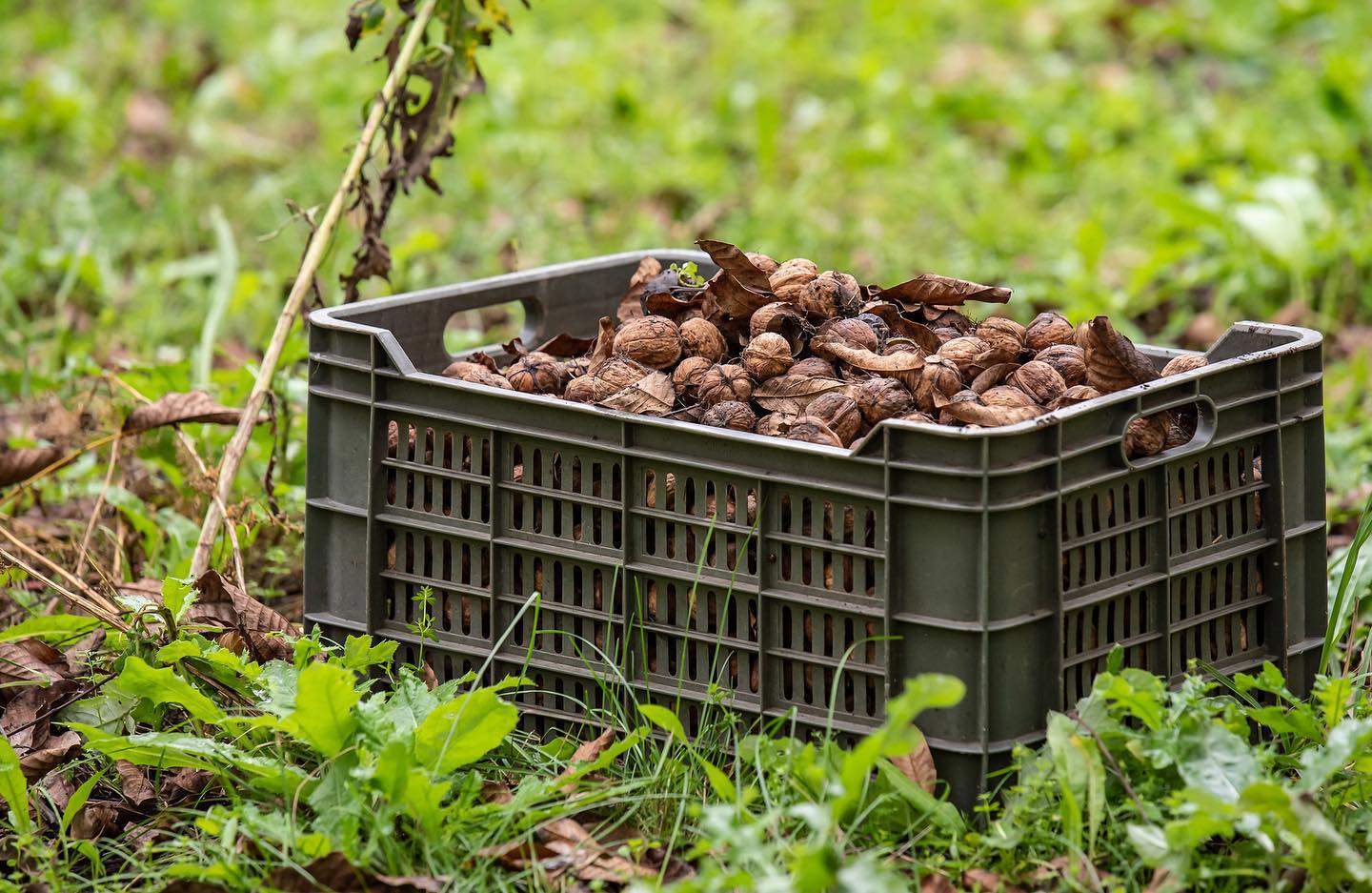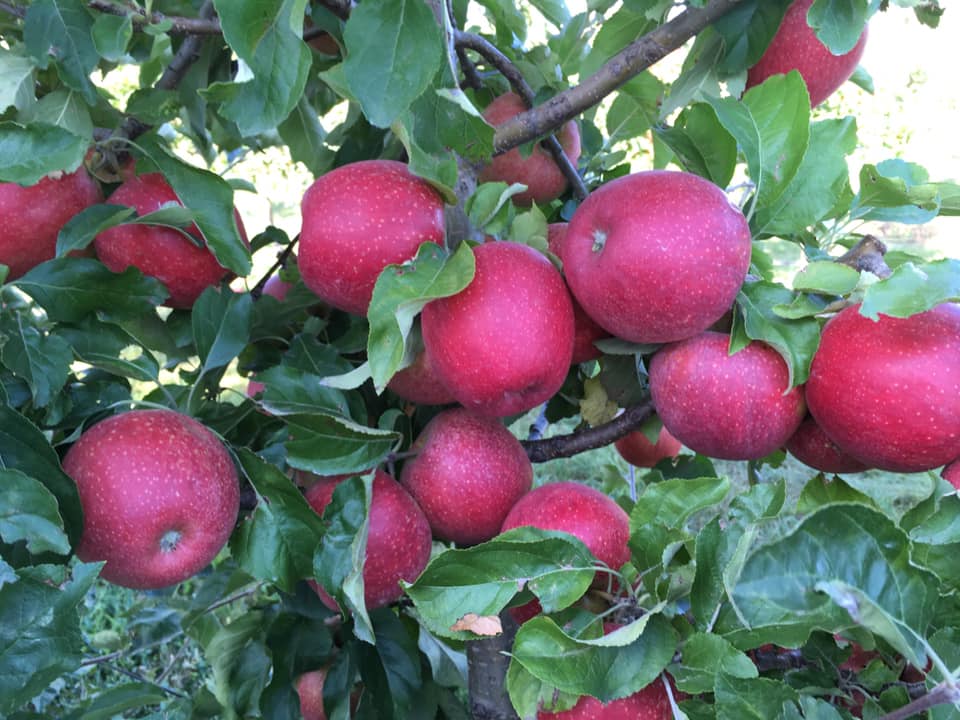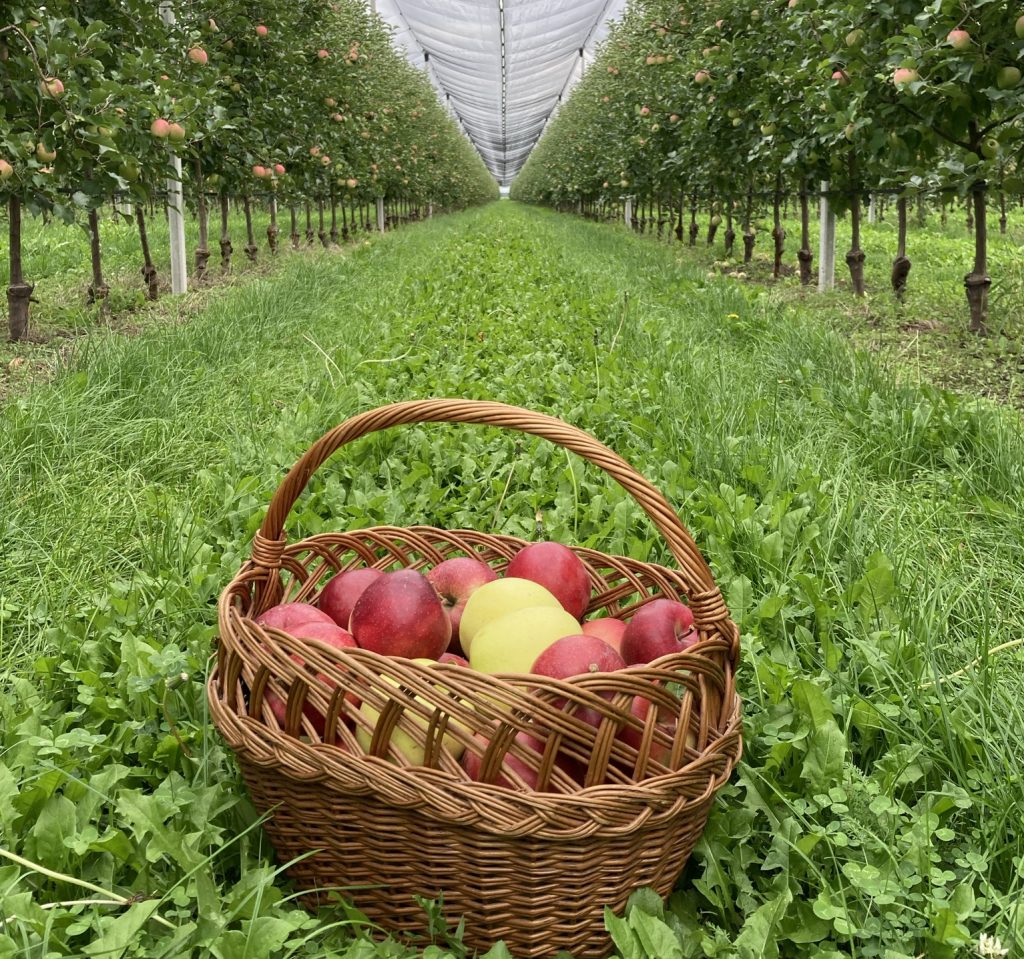Hungary is the silver medal cherry producer in the EU, second only to Poland.Continue reading

Domestic walnut growers are hoping for a good harvest this year, with a significant improvement in both quantity and quality expected after last year’s drought. Based on market information, a good apple crop is also expected this year, almost double that of last year’s drought, the Agriculture Minister explained on Thursday.
Domestic nut producers are optimistic that this year’s harvest will be better than average, Magyar Nemzet reports. As the Hungarian Chamber of Agriculture and the Hungarian Interprofessional Organization for Fruit And Vegetable (FruitVeB) noted, this year’s harvest is expected to be excellent in terms of quantity and quality.
The first experiences show that the fruit size, fruit content, and coloration are good. However, the heavy rains have caused crop protection problems. The walnut husk fly was not a problem under large-scale conditions, but bacterial infections had to be controlled, and the ever-shrinking supply of medicines did not make growers’ work any easier.

Almost half of the 9,408 hectares of walnut orchards in Hungary are located in Szabolcs (4,489 hectares), Szabolcs-Szatmár-Bereg County in northeastern Hungary. Photo: Facebook/Denise és Sandy Kft – dió ültetvény
While farmers can be satisfied with this year’s harvest, market conditions are anything but favorable. Ukrainian and Moldovan walnuts of unknown origin and questionable quality is a serious problem for domestic growers.
Foreign walnuts are clearly of poorer and more inconsistent quality, and each year they put significant pressure on domestic nut prices.
Producer prices for raw in-shell and dried, graded walnuts have declined significantly over the past two years. However, quality-based differentiation could significantly improve awareness of the domestic product and increase consumer confidence. While European retail chains used to hold tenders specifically for Hungarian walnuts, partly because of their high quality and partly because of their favorable seasonality, this is no longer the case among retailers.

Photo: Facebook/Mosolygó alma-ültetvény
As for the apple harvest in Hungary, according to forecasts, 100-120,000 tons of apples will be produced, which will be enough to supply domestic consumers, reports news site Demokrata. The amount of industrial apples is expected to be between 400 and 430,000 tons, enough for 80-90 percent of domestic processing capacity.
In 2006, 45,000 hectares were cultivated; this year, farmers are working on less than half of them, but the amount of harvest is about the same as seventeen years ago,”
said Minister of Agriculture István Nagy.

Photo: Facebook/Varga alma
By constantly renewing plantings, farmers can achieve higher yields, and the sector has become much more integrated and efficient than in the past ten to fifteen years, Nagy explained.
Highlighting the importance of technology and research, the minister emphasized that
a modernized sector would also further strengthen the bargaining position of growers,
allowing them to negotiate higher prices with buyers, which would restore confidence and give growers the vision to invest in new, intensive, and modern industrial apple orchards.
Via Magyar Nemzet, Featured image via Pixabay